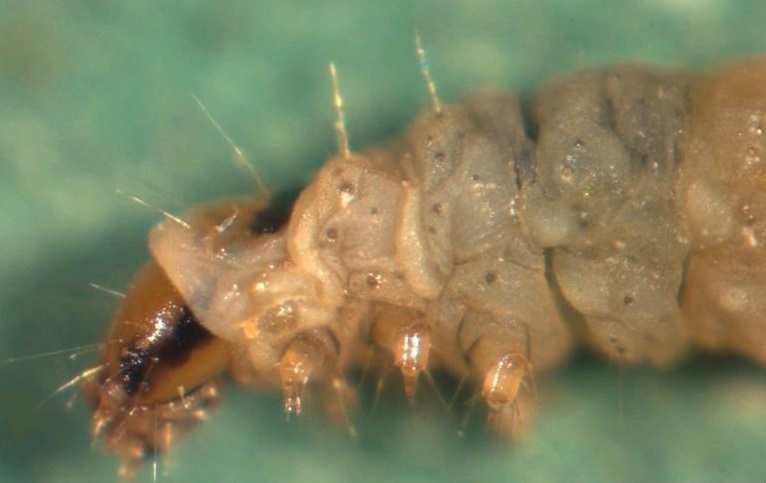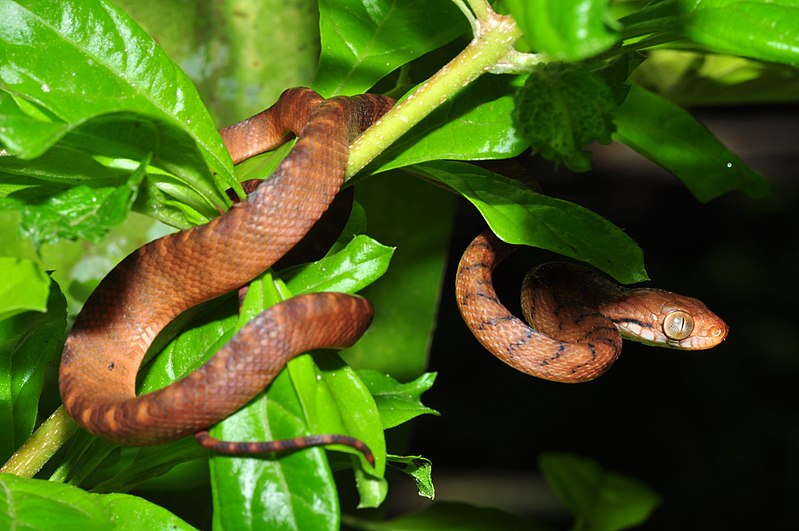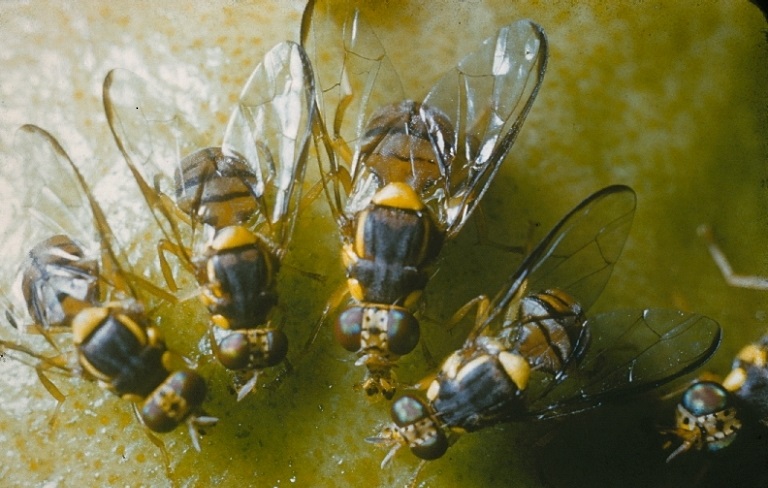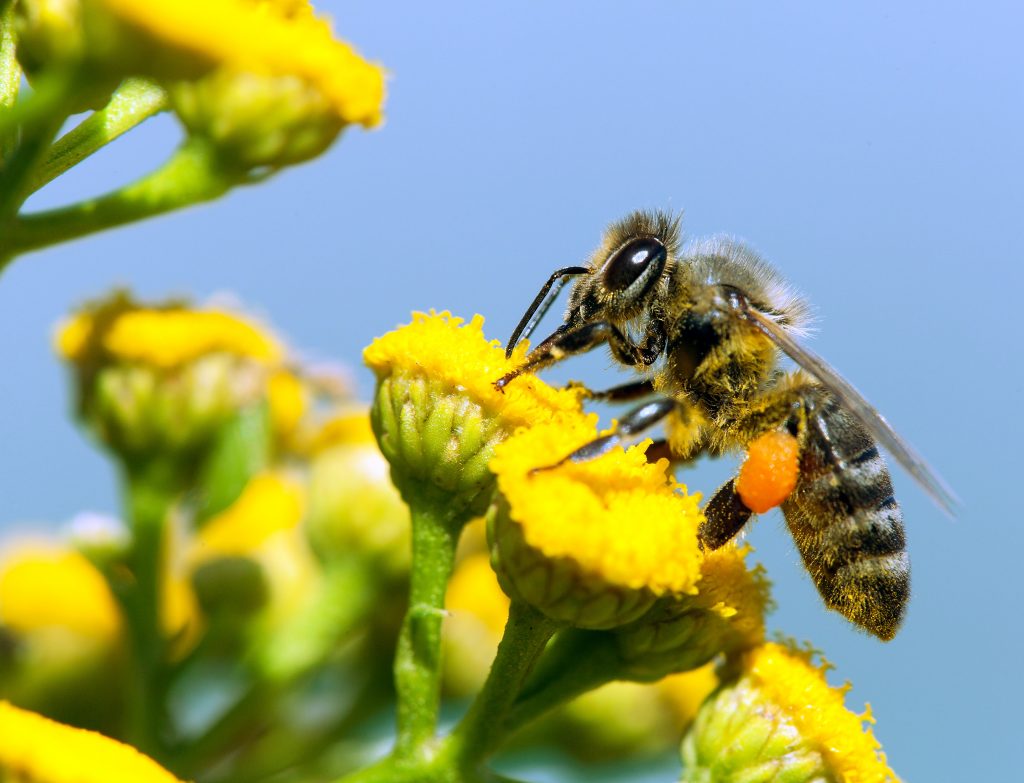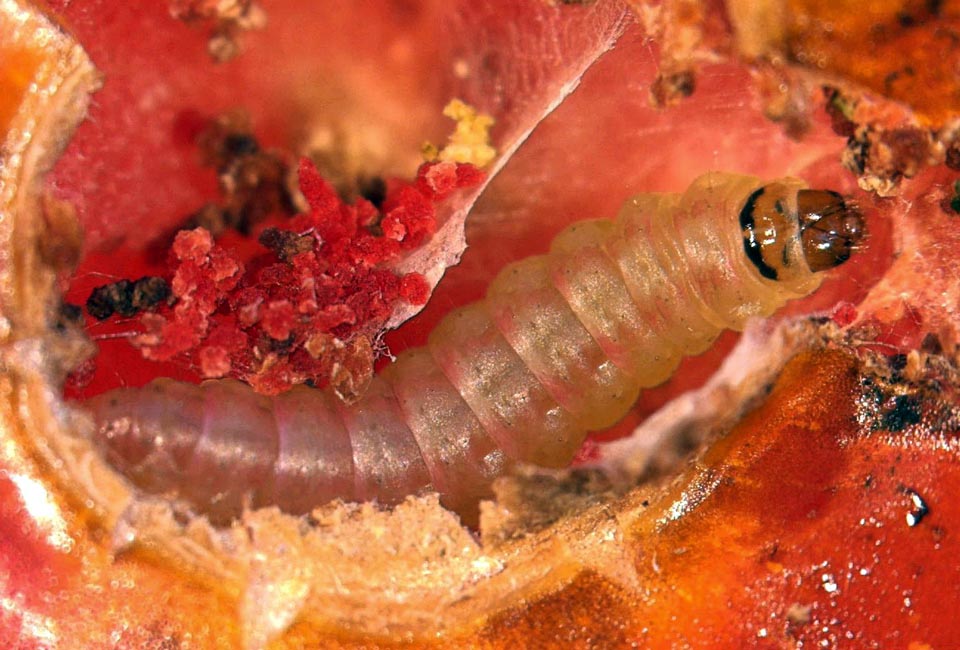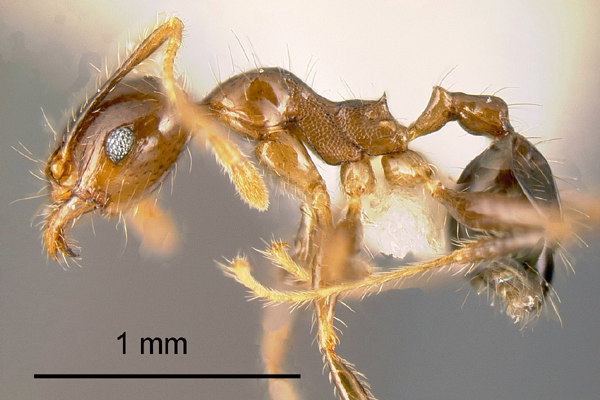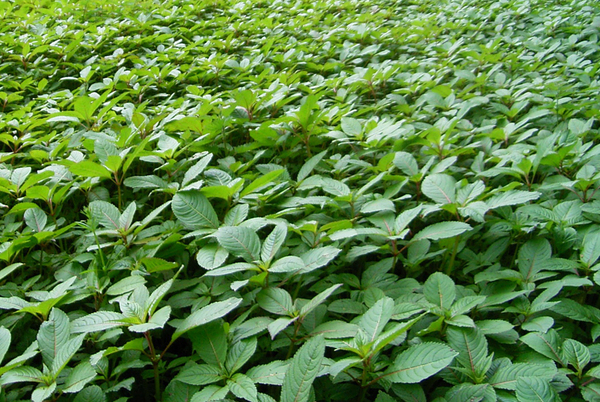Two heads may be better than one: using multiple methods in the fight against Tuta absoluta
Tuta absoluta is a major invasive pest that causes devastating crop damage worldwide. Insecticides are heavily relied upon to help curb their numbers, but because of problems with increased insecticide resistance and the environmental impacts of insecticides, scientists are trying to find new ways of fighting this pest.
Alien species are the main cause of recent global extinctions
Whilst many introduced alien species have little effect on the ecosystems in which they exist, others can have devastating impacts on biodiversity, causing extinctions at local and global scales. However, some scientists argue that the impact of alien species has been exaggerated, and suggest that native species are just as likely to cause extinctions. Researchers…
Biological control against invasive agricultural pest slows deforestation across Southeast Asia
Used as an effective method of controlling invasive species, biological control (or biocontrol) is the term given to the use of living organisms for controlling pests and invasive species. It can provide an effective, environmentally-friendly and cost-efficient way of controlling pest populations, helping to restore crop yields and farmer’s profits. However a recent study, focussing…
Major invasive pest found for the first time on agricultural land in Europe
Eight oriental fruit flies (Bactrocera dorsalis), considered the world’s worst invasive fruit fly, have been found at two monitoring stations in Italy. Annually, there are several reports of this species being found in infested fruit in France, Switzerland and the UK, and one individual was found in a trap in an Austrian fruit market in…
Using animals in the fight against invasive species
Whilst prevention is better than a cure, it is not always possible to stop every invasive species from entering an area. In these instances, early detection and rapid response are crucial, as management is much easier while the population of an invasive species remains small. Detection of small populations, however, can be incredibly difficult. With…
CABI scientist helps provide a comprehensive review of research on Tuta absoluta in Africa
The South American tomato leafminer, Tuta absoluta, is a devastating invasive pest of tomato crops in several areas around the world, including Africa where the problem is greatest. Given the wealth of research conducted on T. absoluta, a recent publication involving one of CABI’s scientists, Dr Marc Kenis, has compiled a comprehensive review of the…
World heritage site saved from invasive ant species
After years of effort, the invasive African big-headed ant (Pheidole megacephala) has successfully been eradicated from Lord Howe Island, an island off the coast of Australia, helping to protect this World Heritage site and its unique diversity of plants and animals.
E-conference on responding to fall armyworm in Africa
Last week, the UN Sustainable Development Solutions Network’s Thematic Network on Sustainable Agriculture & Food Systems hosted an e-conference on the fall armyworm outbreak in Africa which brought together experts, stakeholders and other interested parties to discuss the challenges posed by fall armyworm and to evaluate the possible solutions.

